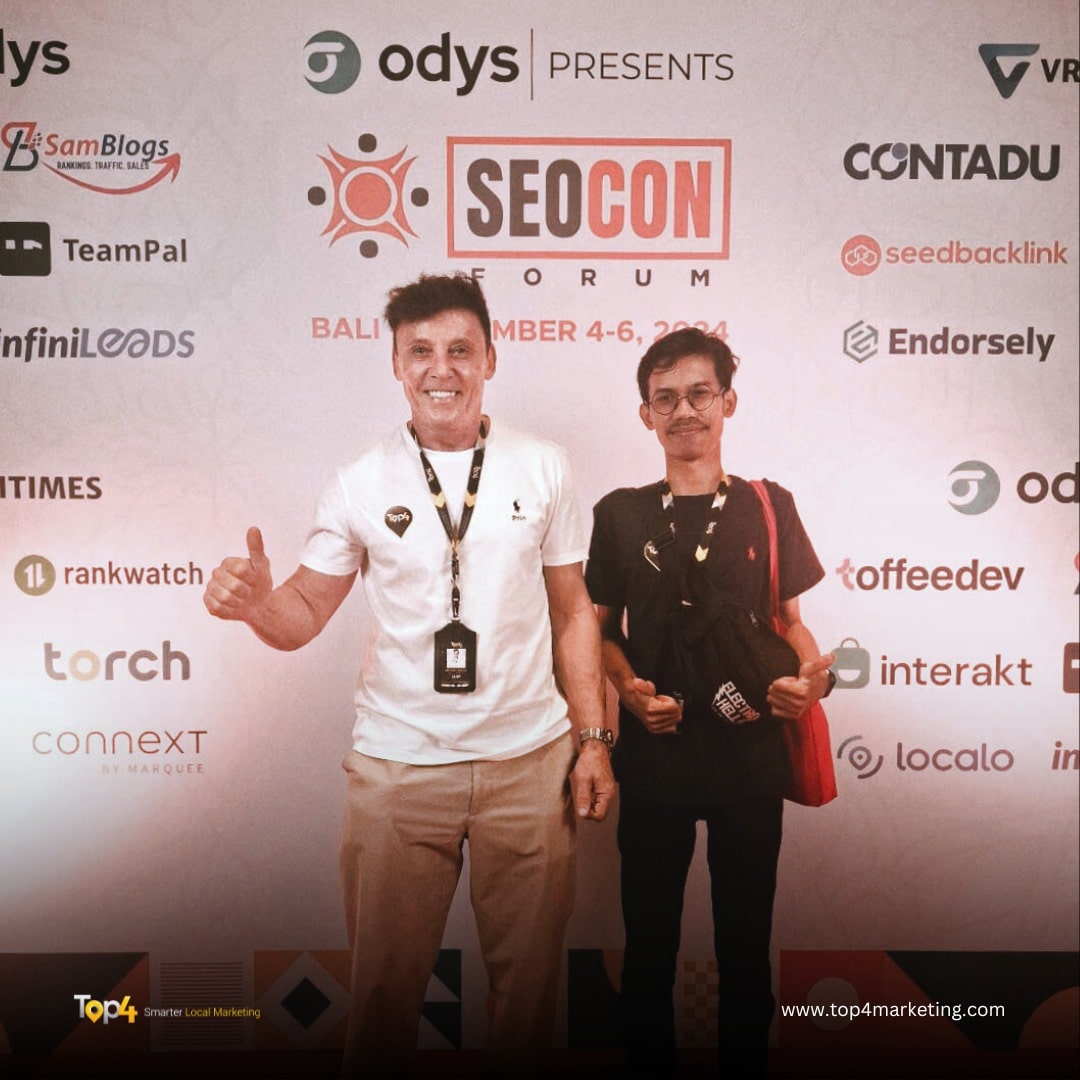Did you know that high Google rankings might not translate to visibility in emerging AI-driven search engines? For many global businesses, especially those serving New York, London, Toronto and beyond, the fast-paced evolution of digital search is fundamentally changing how online visibility works. You may have mastered SEO and fine-tuned your website for Google’s algorithms, but artificial intelligence and large language models (LLMs) are now influencing how information is sourced, cited, and surfaced. This shift leaves many wondering: once you have optimised for LLMs, what’s the next move to truly stand out in AI-powered search?
LLM optimisation is quickly moving from guesswork and experimentation to precise measurement. For local business and franchise owners invested in their online presence, LLM-driven AI search means rethinking traditional metrics of success. It’s not just about being found on search engines anymore, but also making sure your brand, expertise, and content are referenced by AI answers that guide customer decisions. Understanding how to track, analyse, and enhance your visibility in this evolving space defines the new frontier in digital marketing.
Shifting from Intuition to Measurement in LLM Optimisation Strategies
Most have approached LLM optimisation with the same sense of curiosity that marked early SEO efforts. However, the time for educated guesses is ending. With generative AI models shaping the responses in chatbots and search engines, those who rely solely on traditional SEO risk missing valuable daily exposure. Today, real success hinges on data-driven LLM optimisation strategies that provide straightforward answers to vital questions: where and how is my brand appearing in AI-powered results?
Tools now exist that allow you to track mentions, analyse where your website information is cited in AI-generated content, and measure LLM SEO performance with far greater specificity. Applying these insights uncovers the gaps between your current search rankings and where AI engines are truly finding and using your company’s expertise. Structured data, authoritative content, and a well-organized site architecture still play central roles, but they should now be informed by AI-specific feedback loops rather than run in isolation.
Analysing Third-Party Citation Patterns in the AI Landscape
One overlooked aspect of AI search visibility is which external sources LLMs trust and reference when answering queries. By actively conducting third-party citation analysis with AI tools, you can spot the domains and brands most frequently cited in your sector. Are your competitors earning more AI mentions, or are certain industry publications shaping opinions? This intelligence not only guides outreach for authoritative backlinks but also helps improve reputation in the wider AI ecosystem.
For franchise owners and local business operators across the world, understanding citation patterns can underpin decisions about content partnerships or industry collaborations. Stay attuned to trusted third-party sources that frequently surface in LLM-generated responses. Consistently contributing to these sites amplifies your chances of being referenced in future AI answers. Remember, positive citations in AI outputs directly feed into brand authority and influence prospective customers ready to make buying choices.
Benchmarking Competitor Visibility on LLM Queries
Gaining a clear view of competitor activity is vital to refining your advanced SEO for AI discovery. You can now use specialised tools to map how often rival brands are surfaced in LLM responses for your most valuable keywords. By benchmarking competitor visibility for key LLM queries, you gain practical evidence of which content themes, structural approaches, or engagement strategies attract attention from AI systems.
This form of competitor analysis for LLM queries allows you to adjust your content calendar proactively and aim for topics that have not yet been saturated in AI search. Rather than duplicating competitor tactics, strive to fill identified gaps where your voice is missing but demand exists. Techniques such as embedding original research, user testimonials, or expert commentary can ensure your business becomes a preferred reference as AI models scan for high-quality, relevant information.
Auditing Your Own Citations and Adapting Your Strategy
While it remains essential to achieve strong rankings in organic search, a fresh audit process is necessary for LLM SEO. Audit which of your own website pages are being cited by AI , and just as importantly, which are not. Even if you rank well on Google, it does not guarantee that your insights or products are actively referenced by AI models. To bridge this divide, use LLM SEO auditing tools to check how your structured data, metadata, and credibility factors impact AI recognition and inclusion.
Refine pages that should be cited as trusted answers. Format your information in concise, fact-based sections with clear authorship where possible. Review and update contact and business details to support local AI SEO services in the global marketplace, as geographic relevance is increasingly important to both search users and AI algorithms. Regular auditing ensures your efforts do not go unnoticed as LLM technology continues to reshape the organic and paid search landscape.
SEO and LLM Integration: Building Complementary Strengths
Old habits persist in marketing: new opportunities often tempt teams to abandon the tried and tested. However, the smartest path is to treat strong SEO and LLM tracking as complementary, not competing, tactics. Maintaining structured content, obtaining authoritative backlinks, and focusing on user intent all remain pillars of organic growth. When these are extended with modern LLM SEO techniques, your results multiply.
Align with best practices: continue tracking AI-driven search rankings and integrate AI-specific keyword research within your overall strategy. Regular updates and schema improvements make your content more legible not only for search engines but also for AI models seeking reliable citations. As AI-powered search grows in complexity, successful marketers will be those who lead with research but never neglect their brand-building fundamentals. Combining LLM and SEO expertise sets up long-term resilience, even as algorithms evolve.
Conclusion
The landscape of online visibility for global businesses is being reshaped by LLMs and AI-driven answers. Traditional SEO alone no longer satisfies the demand for maximum exposure, especially as conversational AI guides so much of the consumer decision process. By evolving your approach to go beyond rankings and actively tracking where your expertise is cited, your business not only stays ahead, but also shapes perceptions in your industry.
Smart LLM optimisation strategies, robust AI search engine visibility tracking, precise competitor analysis, and ongoing auditing combine to provide a true competitive advantage. These tactics ensure you remain part of the AI-generated conversation that influences both local and national customers. Integrating these advanced practices into your digital strategy acts as a force multiplier, reinforcing your brand as a trusted authority.
Ready to strengthen your AI visibility and future-proof your online presence? If you want tailored advice, tools, or a full audit, our AI LLM SEO services can help you measure, adapt, and grow. Let Top4 Technology ensure your business is the one AI engines and real customers consistently find and trust in every digital conversation.


 SAUDI ARABIA
SAUDI ARABIA

























